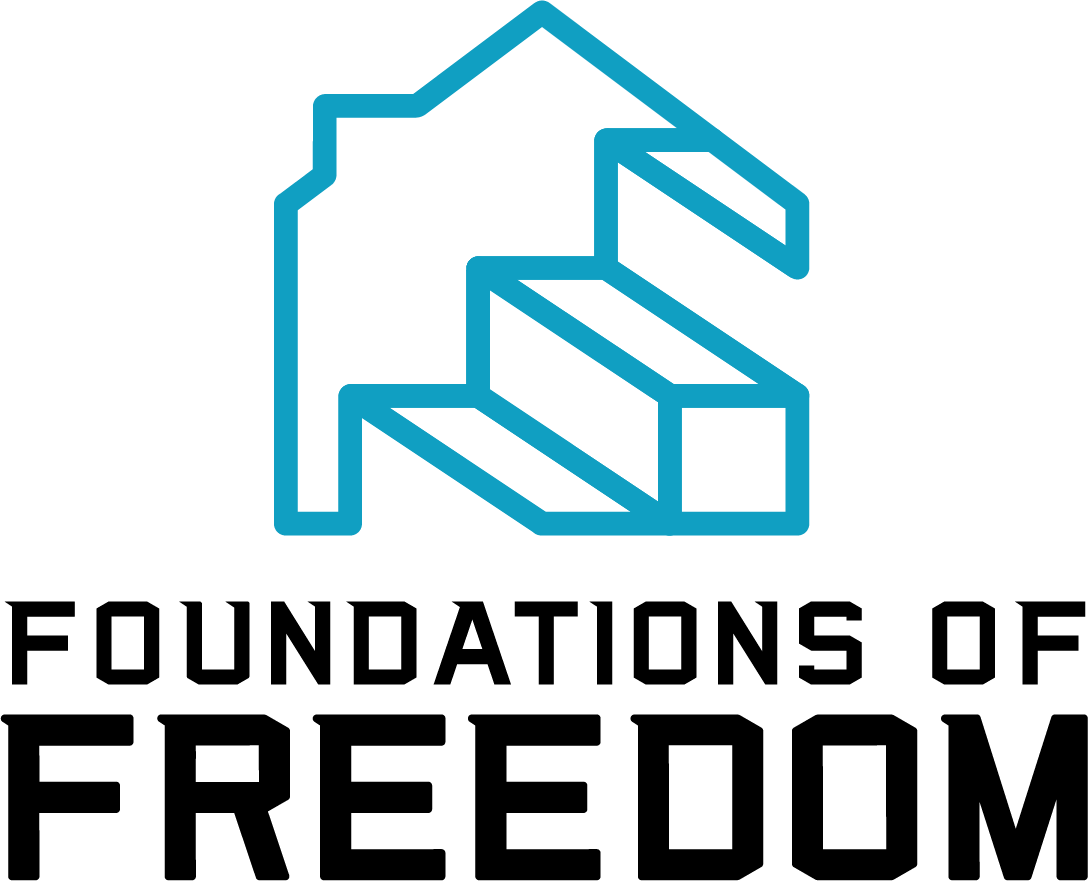How To Cope With Stress
Mental health is extremely important. Some would argue more important than physical health. Living with mental health issues can be debilitating and could greatly affect every area of your life. The month of May was Mental Health Awareness month, so as we conclude this month of focusing on and bringing awareness to a variety of mental health issues, we wanted to leave you with some resources and tools to help you manage stress.
Stress inevitably comes around in all our lives. It could come from a traumatic experience or many small things piling up. If left unaddressed, stress will begin to affect your entire body. Symptoms you might experience are:
Headaches
Changes in appetite
Trouble sleeping
Difficulty concentrating
Worsening of chronic health problems
Stomach problems
When you begin to feel stressed or anxious, try these coping strategies to address and reduce the stress you’re feeling.
Take a break. Go outside for a walk, read a book, drink some tea, meditate, do something that refills you.
Eat well. What you eat has a great effect on how you feel physically and mentally. Try to stay away from processed foods. Eat well-balanced meals, and don’t skip a meal.
Breathe. Focusing on your breathing can help you feel better quickly and refocus your mind. Close your eyes, imagine you’re in a relaxing place, and take slow deep breaths for 5 to 10 minutes.
Prioritize rest. Sleep helps restore our mind and body to a ready state. When we receive too little sleep, it can trigger symptoms of some mental health conditions and mood swings.
Exercise. Movement produces stress-relieving hormones in your body and will improve your mood. Start slow, maybe a 30-minute walk three times a week, then work your way up to daily exercise.
Talk to someone. Many times, it helps to verbalize our stress and what’s going on in our lives. When we address the topic, we can work through how to overcome it. Find a family member, friend, doctor, or therapist who you can be honest with.
Recognize your triggers. Figure out what is causing stress in your life then try to eliminate or reduce the stressor. If it’s something that cannot be removed from your life, use other ways listed above to help cope with the trigger.
Remember, you are not in this alone. If you are feeling overwhelmed or stressed from what’s going on in your life or around you, reach out to someone. Check out these amazing resources to help you get the quality care you need to live a healthy, fulfilling life at DHS. Substance Abuse and Mental Health Services Administration also offers a free, confidential 24/7 treatment referral and information service for individuals and families facing mental and substance use disorders at 1-800-662-HELP (4357).
